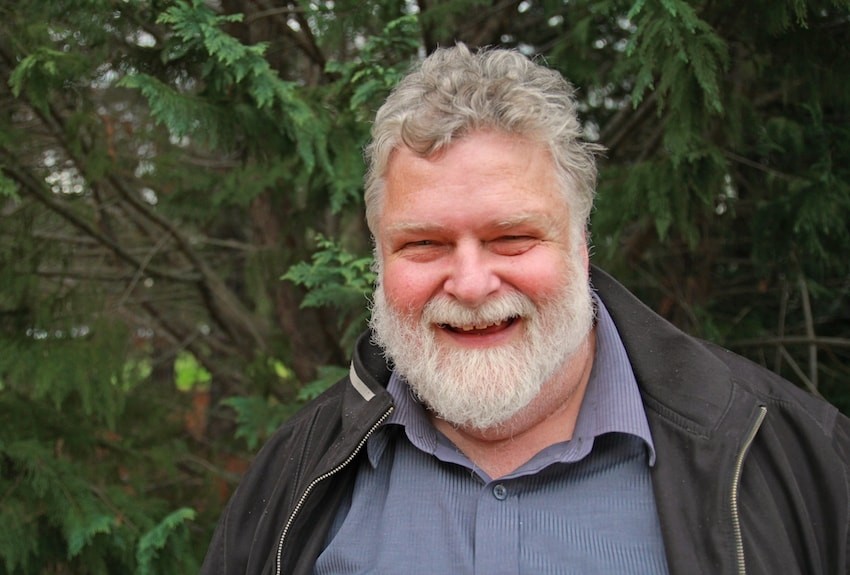The SANE Blog
SANE pioneers: Simon Champ
Simon Champ is a pioneer for the rights of people with mental illness in Australia. He believes that one of these fundamental rights is to be recognised and respected as human beings like anyone else — a simple yet distressingly difficult right to achieve, as the battle against stigma continues to this day.
As a young man in the 1980s, Simon attended a public discussion on mental illness organised by Anne Deveson and Dr Margaret Leggett one night at the Teacher’s Federation Hall in Sydney. Simon will never forget seeing jaws drop in the packed hall when he boldly stood up and said, ‘My name is Simon Champ and I have schizophrenia’.
‘There were very few places for people with mental illness to meet up and talk openly 30 years ago,’ says Simon.
‘The early meetings we had were very important. It was the start of a movement in Australia where people with mental illness began to talk about challenging our role as ‘helpless sufferers’ and being more active – focusing on strengths, developing ways of providing peer support, and building awareness of the fact that mental illness can affect anyone, not just an invisible, despised minority.’
After that defining night in Sydney, Simon worked with Anne on her documentary film about schizophrenia – Spinning Out – broadcast on the ABC. He later served on SANE’s Board of Directors for nearly a decade.
‘I was impressed with how SANE gave a platform for people to turn their experience into stories … and then to turn those stories into advocacy, calling for improvements to attitudes and services,’ says Simon.
‘SANE worked equally with people affected by mental illness including families, friends and health professionals. There was common humanity from the very start.’
While Simon acknowledges progress in mental health services over the past few decades, he still sees a number of challenges persisting.
‘Lack of affordable housing for people with mental illness is a big problem,’ says Simon. ‘We are also still tackling stigma. Other mental health illnesses are getting plenty of attention, but schizophrenia remains something that many people don't want to talk about, even today.
‘We've a long way to go, and thank goodness SANE is there to help in our fight for better attitudes and services in the community.’
We were once called ‘sufferers’. Since then we've been called patients, consumers, service users, clients and goodness know what else. I like that SANE has always referred to us as people, just like anyone else.
SANE provides a range of free telephone and online support services for people over 18 years of age with complex mental health needs and their family, friends and carers. We offer different types and levels of support so you can find what works for you. Choose from counselling, peer support, online groups and events, 24/7 community forums, and online information and resources. Learn more at sane.org/get-support.
When you subscribe to the blog, we will send you an e-mail when there are new updates on the site so you wouldn't miss them.
